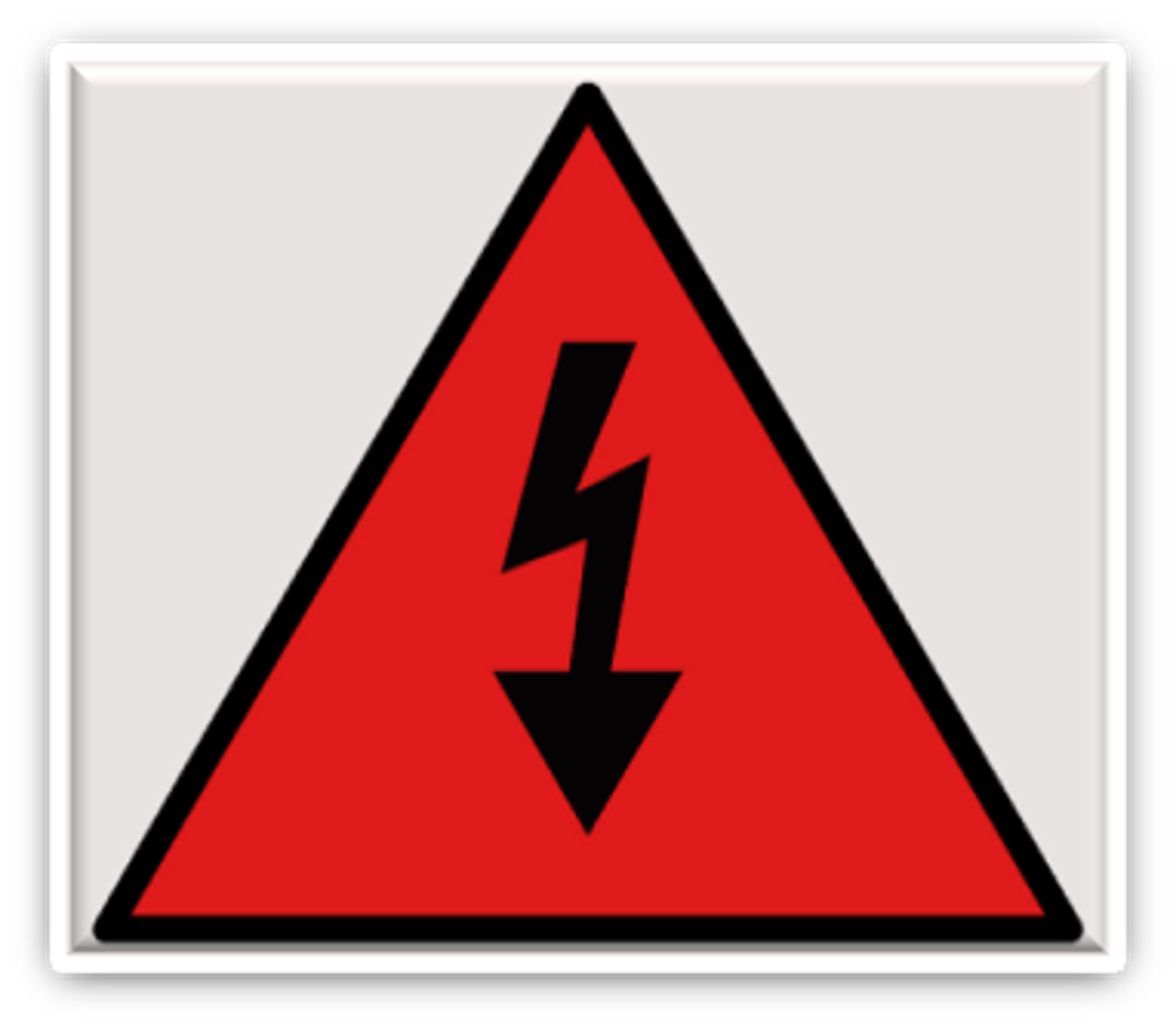Short circuit on 440V AC bus bars – arc flash
- Safety Flash
- Published on 19 February 2020
- Generated on 2 July 2025
- IMCA SF 06/20
- 3 minute read
Jump to:
A crewman was doing electrical work on a 440V power distribution panel (PDP), when a loose earth bonding cable made contact with a live 440V bus bar causing a short circuit and an arc flash
What happened?
Whilst the crewman was using cable ties to fix loose cables within the panel, he observed a loose earth bonding cable in poor condition.
He made up a new earth cable from 6mm wire, and whilst he was attempting to re-connect the earth bonding cable, the loose trailing end of the earth bonding cable came into contact with the 440Vac bus bar.
A short circuit between the 440Vac and the earth bonding cable was observed resulting in an arc flash.

At the time there were no injuries nor damage to equipment. The crewman reported the incident to his line manager, reporting that he felt shaken by the incident and felt his heart racing. He was sent to his cabin to rest.
Subsequent to the incident, the crewman reported experiencing blistering on his hands and attended a walk-in medical centre where he was diagnosed with partial thickness burns to his face. He was assigned light duties for two weeks.
What went wrong?
- Crew deliberately ignored safety protocols to expedite what was considered an easy and straightforward task:
- One job was started (supervising the installation of a welding cable) but then changed to another job. The injured person did not discuss this work with his supervisor, nor carry out a risk assessment, TBT or raise a PTW for the work.
- There had been a generic toolbox talk (TBT) completed but work on the PDP was not mentioned.
- This incident was not reported in a correct or timely way, denying the injured person access to immediate medical attention which may have mitigated his injuries.
What lessons were learned?
- There was inadequate supervision with regards to compliance with electrical safety control measures.
- The risk of unauthorised access to the power distribution panel (PDP) had not been properly assessed.
- The panel had inadequate insulation of terminals which remained live when panel was opened, this may have been broken off or removed over time.
What actions were taken?
- Access to electrical cabinets should be restricted.
- Electrical safety audit conducted on-board vessel.
- Risk assessment to be re-written to include mitigations to identified hazards.
- Further incident reporting and investigation training to be delivered to vessel crew.
Related Safety Flashes
-
IMCA SF 23/18
2 October 2018
-
-
IMCA SF 12/18
14 June 2018
-
IMCA SF 18/14
25 November 2014
IMCA Safety Flashes summarise key safety matters and incidents, allowing lessons to be more easily learnt for the benefit of the entire offshore industry.
The effectiveness of the IMCA Safety Flash system depends on the industry sharing information and so avoiding repeat incidents. Incidents are classified according to IOGP's Life Saving Rules.
All information is anonymised or sanitised, as appropriate, and warnings for graphic content included where possible.
IMCA makes every effort to ensure both the accuracy and reliability of the information shared, but is not be liable for any guidance and/or recommendation and/or statement herein contained.
The information contained in this document does not fulfil or replace any individual's or Member's legal, regulatory or other duties or obligations in respect of their operations. Individuals and Members remain solely responsible for the safe, lawful and proper conduct of their operations.
Share your safety incidents with IMCA online. Sign-up to receive Safety Flashes straight to your email.